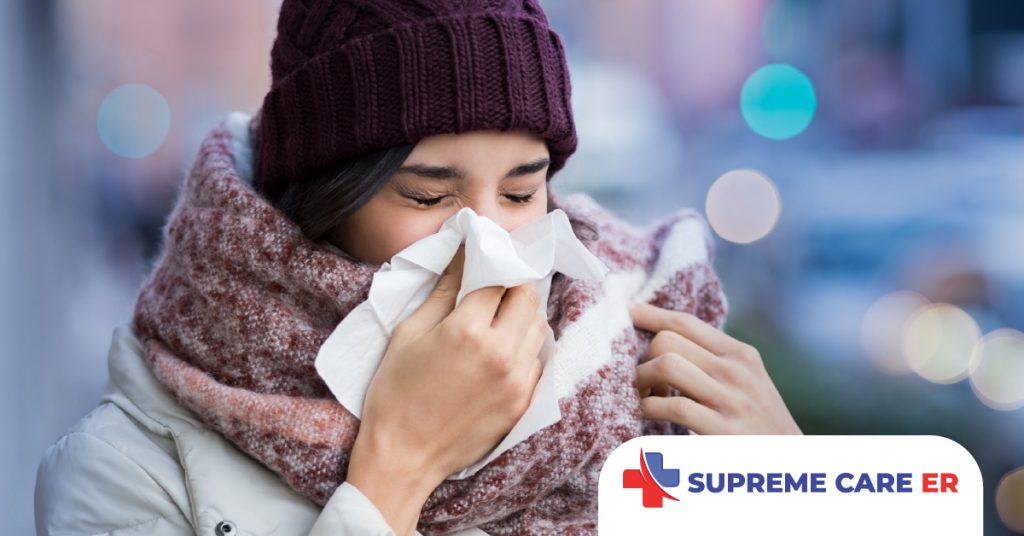Are you having chest pain? When does it happen, and how is it? Is the pain eased or made worse by movement, coughing, swallowing, or breathing? Answering YES indicates you may be experiencing the red flags of heart disease.
Chest pain is a common reason for a trip to the doctor. It can have many causes, from indigestion which may be nothing to worry about, to other disorders such as pneumonia, asthma, pleurisy, and heart problems.
Treatment for chest pain depends on identifying the cause; however, knowing when to call your doctor if you experience chest pain can save your life.
Causes of Chest Pain
You can experience chest pain if you have the following conditions
Heart Attack
A heart attack is a slow or sudden, excruciating pain caused by the main artery blockage that supplies blood to the heart. Most heart attacks in the United States stem from coronary heart disease, the leading cause of death for both men and women.
An early symptom of a heart attack is pain or discomfort in the chest that lasts for a few minutes, goes away, and may reoccur.
Other symptoms include chest pain that spreads to the shoulders and arms, feeling lightheaded, breaking out in a cold sweat, nausea or vomiting, and a sense of impending doom; however, the chances of survival increase with swift medical attention.
Angina
The medical term “angina” refers to chest pain or discomfort caused by reduced blood flow to the heart muscle. This condition usually happens when exercising, but stress may also trigger it. Other symptoms of angina may include nausea, vomiting, and heart racing.
If you are suffering from angina, you should consult your doctor for diagnosis and treatment. Additionally, you should follow a low-fat diet to avoid spasms in the heart.
Gastric Imbalance
Digestive problems occur when a person has difficulty absorbing excess food or if there is excessive production of gastric juice within the stomach which could lead to pain in the left side of your chest.
The discomfort could last a while, but once the right level of acidity has restored itself, the pain will disappear.
Stomach Gas
Interestingly, the foods that give you the worst gas are not necessarily the most famous for gassy effects—beans, peas, and the like.
Stomach gas occurs as a byproduct of digesting food and usually manifests as burping or flatulence, but sometimes, when gas remains, it begins to build up and lead to pain on the left side of your chest.
You can do several things to help alleviate uncomfortable gas and bloating. These include physical activity, cutting back on dietary fat, avoiding carbonated soda, and keeping a food diary.
Dietary fiber is also a natural laxative and can help prevent bloating and discomfort; however, if these symptoms occur frequently, it may be necessary to consult your doctor for a professional examination.
Panic Attack
The term “panic attack” refers to panic disorder or social phobia, marked by a recurring and sudden period of intense fear. This condition can cause disabling symptoms such as a racing heart, sweating, flushing, difficulty breathing, and light-headedness.
While panic attacks are usually associated with panic disorder, recurring episodes may require medical evaluation. This can sometimes respond to a medical condition such as heart disease or a mental health illness.
Diagnosis
If you are experiencing chest pain, consult your doctor for a diagnosis. Your doctor may perform some medical tests to evaluate the severity of your condition. These tests include:
- Blood tests
- Chest X-rays
- Electrocardiogram (EKG)
- stress test
Treatment
Treatment for chest pain varies depending on the cause of the pain. If you are experiencing chest pain due to a blockage in your heart arteries, you should seek emergency treatment to remove the blockage and re-establish blood flow to your heart.
This procedure can take place through medication, a stent, or artery bypass surgery.
If a non-cardiac disease causes your condition, your doctor will discuss all your treatment options.
When to go to Emergency Room
As soon as you experience chest pain that lasts more than five minutes and does not subside with rest or medication, you should call us or visit our emergency room immediately.








